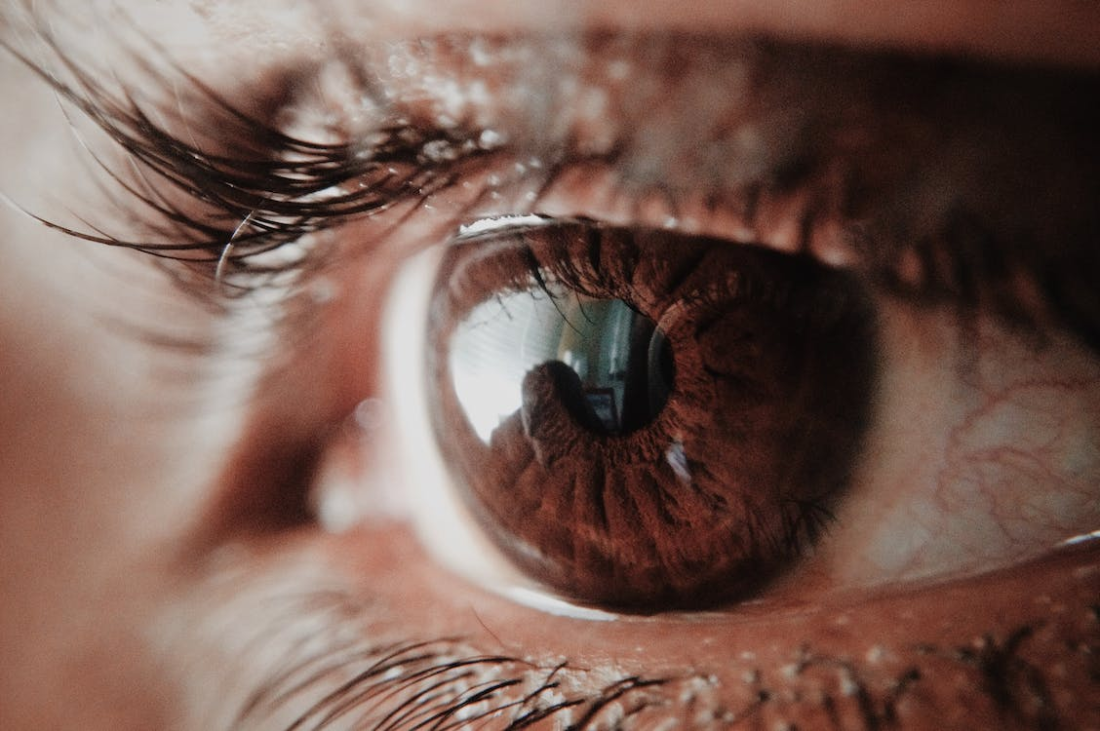It is no secret that poor eyesight can have a negative effect on your mental health. A study published in “Optometry and Vision Science” found that people with poor vision are more likely to suffer from depression and anxiety. The study also found that people who wear glasses or contacts are less likely to suffer from these conditions. So why does poor vision have such a profound effect on our mental health?

Via Pexels
Poor Eyesight Can Cause Anxiety
Anxiety is a common mental health condition triggered by many different things. For example, for some people, wearing glasses or contacts can cause a great deal of anxiety. This is because they worry about how they will look to others and whether or not people will judge them. People with poor vision may also worry about their ability to do everyday tasks such as driving or reading. This can lead to feelings of isolation and loneliness.
Poor Eyesight Can Cause Depression
Depression is another common mental health condition caused by poor eyesight. People who suffer from depression may feel hopeless and helpless. They may also lose interest in activities that they used to enjoy. Additionally, people with poor vision may have difficulty concentrating and may feel fatigued all the time. This can make it difficult to get out of bed or accomplish tasks during the day.
Cognitive Decline
Poor eyesight can also lead to cognitive decline. This means that people may have difficulty remembering things or concentrating on tasks. Additionally, they may find it difficult to process information. This can be a major problem for older adults at risk for cognitive decline.
Your Hearing Might Also Be Affected
If you have poor eyesight, it’s not just your vision that’s affected. Your hearing might also be impacted. Poor eyesight can make it challenging to follow conversations and lead to social isolation. This can impact your mental health in several ways.
Memory Loss
One of the most common effects of poor eyesight is memory loss. This can be caused by many factors, including difficulty concentrating and social isolation. If you have poor eyesight, it’s essential to see your doctor so they can rule out any other causes of your memory loss. Vision therapy is an effective treatment for many people with poor vision.
Social Withdrawal
One of the most common effects of poor eyesight is social withdrawal. People with poor vision often find it challenging to participate in social activities, especially if they require reading or close-up work. This can lead to feelings of isolation and loneliness, which can, in turn, lead to depression and anxiety. If you have poor eyesight and feel socially isolated, it’s vital to seek help from friends, family, or mental health professionals. You can overcome this obstacle with the proper support and enjoy a fuller life.
If you suffer from poor vision, it is crucial to seek help from a qualified eye doctor. Vision therapy can help to improve your eyesight and reduce the symptoms of anxiety and depression. If you are struggling with your mental health, don’t hesitate to seek help. Many resources are available to you, and you deserve to live a happy and healthy life. Vision problems should not hold you back from achieving your goals.



